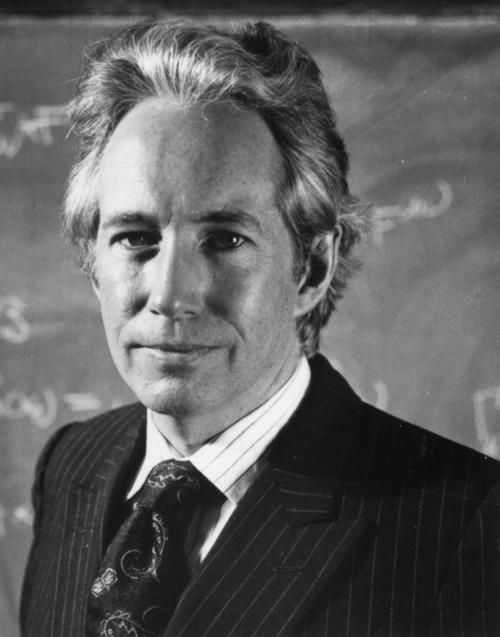

Public Lecture
Octopuses, Brains, and the Magic of Emergence
Leenoy Meshulam
University of Washington
Wed, Jul 31, 5:30–6:30pm
Due to technical difficulties during the talk, we expect to post the video of this lecture by Tuesday, 8/6/24.
Have you ever wondered how an octopus seamlessly blends into its surroundings or how your brain knows just where to place your hand to catch a ball? In this talk, we will explore octopuses, brains, and the physics principles that help us understand both.
The intricate patterns and colors that octopuses exhibit for camouflage involve the precise coordination of hundreds of thousands of pigment cells, guided by a network of neurons. These pigment cells, under the guidance of a vast network of neurons, dynamically adjust their color and pattern to mimic diverse environments — a feat that highlights how adaptive and precise biological systems can be. Similarly, the brain, with its intricate web of neurons, manages everything from basic motor skills to advanced logic. These functions emerge from interactions between millions of individual nerve cells.
As theoretical physicists, we hope to unravel the underlying simplicity behind these complex biological phenomena. By seeking fundamental rules and principles, we elucidate how information is processed, coordinated, and optimized within biological systems — be it the camouflage strategies of octopuses or the cognitive mechanisms of our brains.
Learn more about Leenoy’s research with Octopuses here.

About Leenoy Meshulam
Leenoy Meshulam is a theory fellow at the University of Washington in Seattle, and a Burroughs Wellcome CASI awardee. Her research interests are at the intersection of physics, biology, and neuroscience. Dr. Meshulam received her Ph.D. from Princeton University in 2018. Prior to that, she completed her M.Sc. summa cum laude at Tel Aviv University in 2012 and graduated the Adi Lautman Interdisciplinary Honors Program for Outstanding Students.
Heinz R. Pagels Public Lecture Series
Heinz R Pagels was a professor of physics at Rockefeller University, president of the New York Academy of Science, a trustee of the Aspen Institute, and a member of the Aspen Center for Physics for twenty years, serving as a participant, officer, and trustee. He was also President of the International League for Human Rights. His work on chaos theory inspired the character of Ian Malcolm in the Jurassic Park book and movies. A part-time local resident, Professor Pagels died here in a mountaineering accident in 1988. His family and friends instituted the lecture series in his honor because he devoted a substantial part of his life to effective public dissemination of scientific knowledge.
